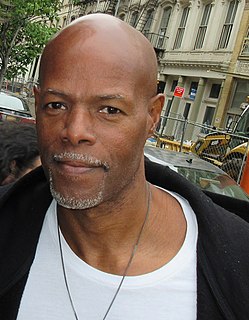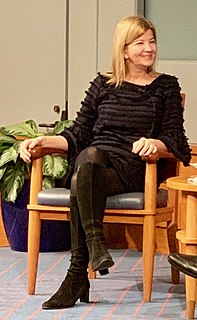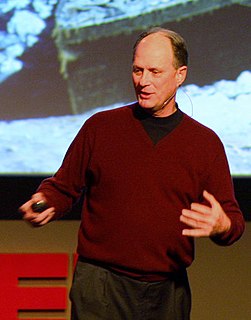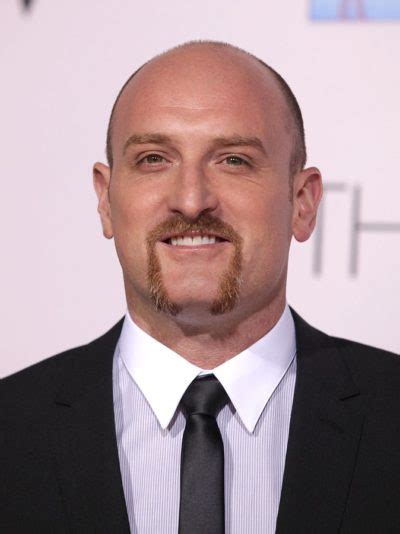A Quote by Donald Trump
When we look at the budget, the budget is bad to a large extent because we have people that have no idea as to what to do and how to buy.
Related Quotes
When you raise the budget, you make creative compromises. The higher the budget goes, the more cuts in your movie happen. When people talk about how movies are watered down, that's a direct reflection of money and budget. The less money you spend; the more risks you can take. That doesn't mean it will be successful, but at least you can try different stuff. The higher your budget is, the less you can do that.
So it [3D] is something I'm still learning, it's fresh, so if the budget allows I'll do it again and just see how far it goes because it's the frontier, it's more interesting. It's still expensive, the projection system can be annoying sometimes, it's not really regulated or perfected yet, so it's still expensive. If I do a lower budget I'll just do 2D, but if the budget allows I think I'll try 3D.

































